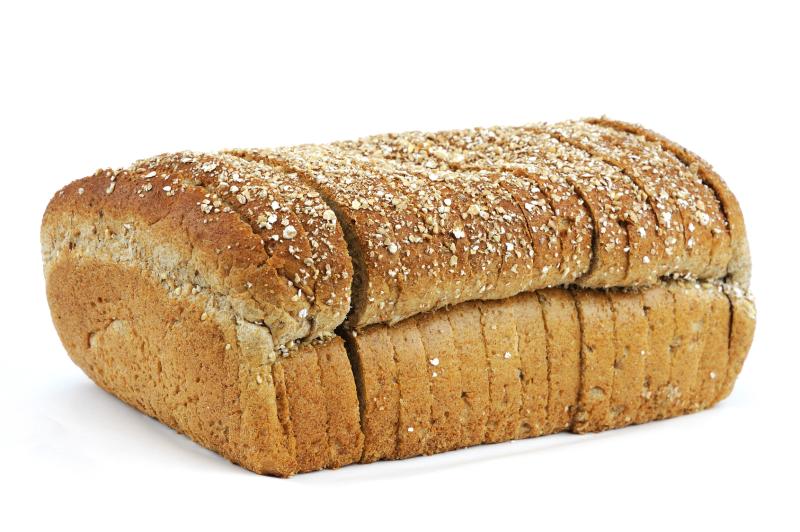
Providing sodium-reduced bread combined with dietary counseling effectively lowers dietary sodium among adults, but the effect is lacking in children, results of a recent study have shown.
However, the study has failed to show significant effects when providing sodium-reduced bread alone in neither adults nor children, according to the investigators.
This single-blinded, cluster randomized controlled trial with a parallel design was conducted for 4 months. The investigators randomly assigned 89 healthy Danish families, with a minimum of one child and one parent (n=309), to receive sodium-reduced bread (intervention A), sodium-reduced bread and dietary counseling (intervention B), or regular sodium bread (control).
Change in daily sodium intake, measured by 24-h urinary sodium excretion, was the primary outcome. Changes in dietary potassium and the sodium–potassium ratio were the secondary outcomes.
Compared with the control group, no significant differences in daily sodium intake were seen in the two intervention groups. Separate analysis of the results for children and adults revealed a decrease of 0.6 g/day (–1.0 to –0.2; p=0.005) in dietary sodium among adults in intervention B compared with controls.
“Excessive intake of sodium is a dietary risk factor for morbidity and mortality,” the investigators said. “Currently, intake of sodium is much higher than the recommended level in most western countries, and effective strategies to reduce population sodium intake are lacking.”